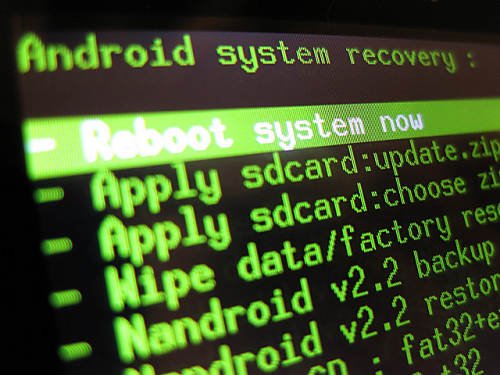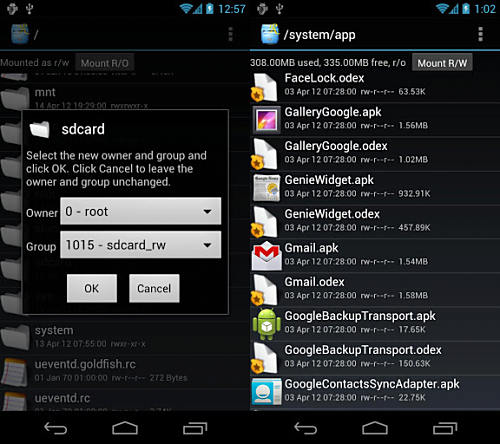A rooted Android smartphone opens up infinite possibilities to its users, from the complete replacement of the operating system by another version or by one of the so-called mods, to hardware modifications and customizations of all kinds.
However, by default, Android comes without root, and many users wonder why. Is it a whim of the developers, a market trend or is it just so?

In the following paragraphs we will try to shed a little light on the subject to know exactly what the reason is.
Contents
For our own safety
One of the best security features of Android is that each application that we run runs in its own space, that is, it is limited to the walls that contain it. In other words, every time we download and install an application on a standard Android device, the system actually grants it its own user account with its own restrictions.

This methodology ensures that the application will only have access to the data, services and features that have been indicated in the list of permissions, which is a help to keep our Android tablet or smartphone safe, since it limits the damage that a malicious application can do.
When we root a phone, we downgrade these security measures, allowing the installation of applications that can access almost any data and service on our device.
System file security
Another problem that causes the rooting of a phone or tablet, is that it leaves the operating system entirely exposed to the whims of the user, which if he does not have the experience and the necessary knowledge to manipulate them in the proper way, can jeopardize the normal operation of the unit, and even cause irreparable damage.

At this point, Google has managed to handle things well, since by denying root access to devices with Android installed, users cannot delete or modify system files in any way.
Operators see rooting as an enemy
If we buy an Android smartphone through a mobile phone operator, the device will surely come with a few operator-specific applications built into the system. And none of them can be uninstalled, obviously.

Rooted phones allow you to uninstall these applications, so getting root rights on Android for them is a sin.
Google is not our friend: It is a global company
First of all, we must bear in mind that some of the firm’s hardware products such as the Nexus 7 do not even offer the possibility of booting the device from factory settings.
Why is this? The curious user will ask. In this case, the security of the devices is one of the main reasons, however Google has to charge some money to keep a system as incredible as Android on the market. Although the mobile OS is free, the truth is that the main source of income for the company is advertising, and Android could not be on the sidelines.

As we know, PC users can block advertising from websites and Google very easily. All you have to do is install a plugin for your favorite browser. One of the best known in this area is AdBlock.
But in Android things change. Although we have some applications for that purpose on Google Play, the truth is that they do not work well at all on phones that are not rooted. In order for them to satisfactorily fulfill their function, it is necessary that the device be rooted.